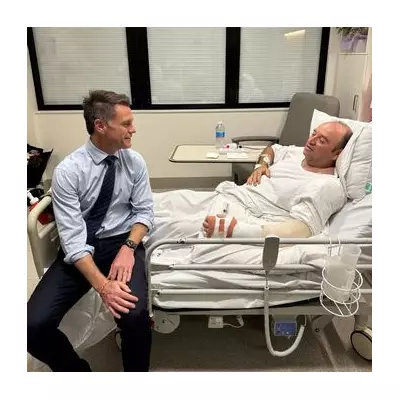
In a shocking case that has gripped America, Jennifer Crumbley has been sentenced to 25 years behind bars for a crime that legal experts are calling a dangerous precedent in parental responsibility laws.
A Mother's Unthinkable Nightmare
The 47-year-old mother broke down in court as she received the maximum possible sentence for involuntary manslaughter. Her conviction stems from the tragic 2021 Oxford High School shooting in Michigan, where her son Ethan killed four students.
"I will be in internal prison for the rest of my life," Jennifer emotionally declared during her sentencing, maintaining her innocence while acknowledging the profound tragedy of the events.
The Case That Divided a Nation
Prosecutors successfully argued that Jennifer and her husband James were criminally negligent for purchasing the firearm used in the shooting and ignoring their son's deteriorating mental health. The case marks the first time parents have been directly convicted for their child's school shooting.
Defence attorneys argued passionately that Jennifer couldn't have predicted her son's actions, describing the conviction as "a dangerous expansion of legal responsibility" that could affect parents nationwide.
Life Behind Bars
With 25 years in prison, Jennifer will be nearly 70 years old upon potential release. Her husband James faces sentencing in April, with prosecutors seeking identical punishment.
The case has sparked intense debate about:
- Parental responsibility in gun ownership
- Mental health recognition and intervention
- Legal boundaries of criminal negligence
- School safety protocols and warning signs
A Nation Grapples With Justice
As Jennifer begins her sentence at the Women's Huron Valley Correctional Facility, legal experts and families across America are questioning where parental responsibility ends and unforeseeable tragedy begins.
The case continues to resonate deeply, raising uncomfortable questions about gun culture, mental health support systems, and the very nature of justice in modern America.





